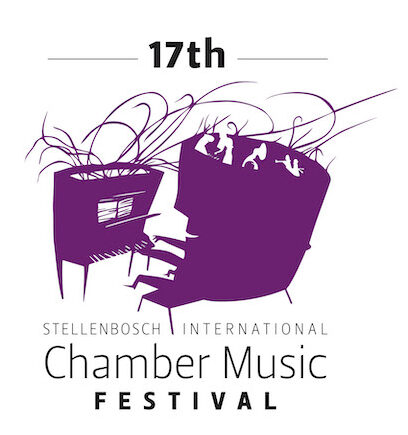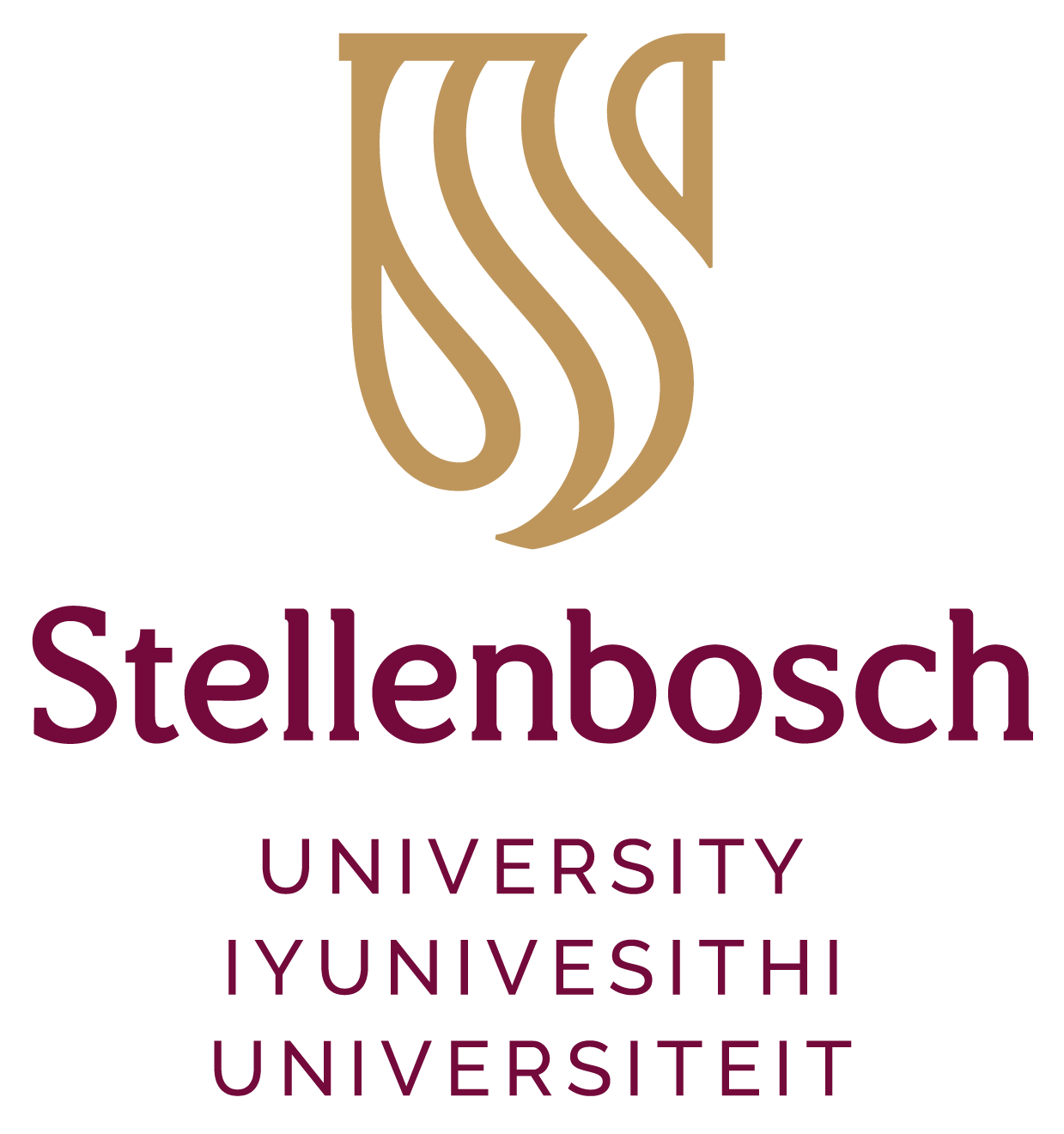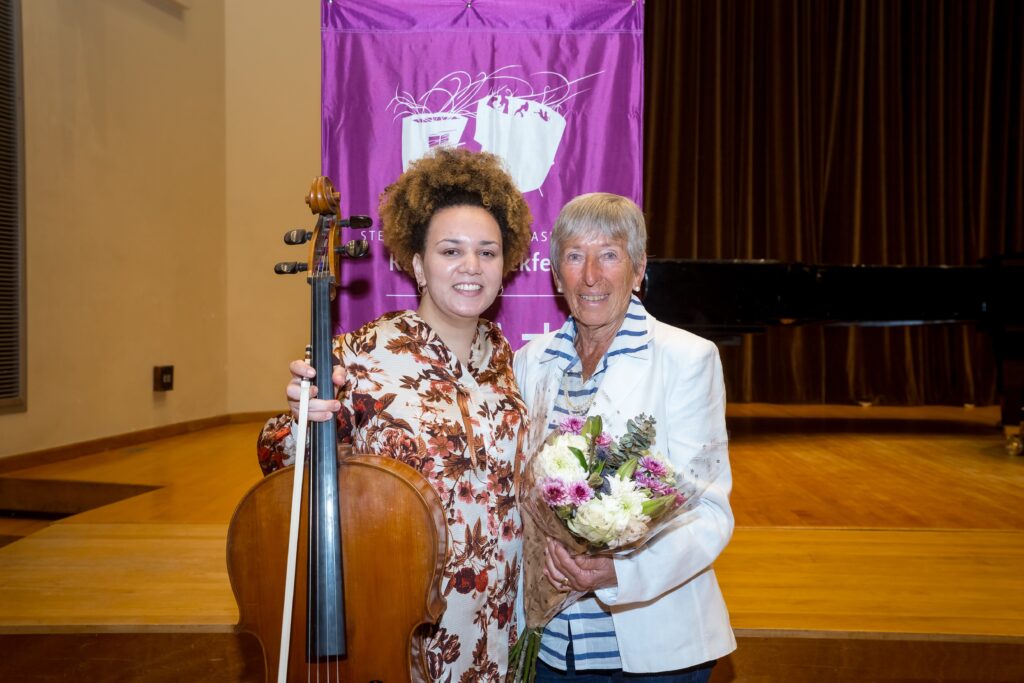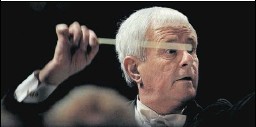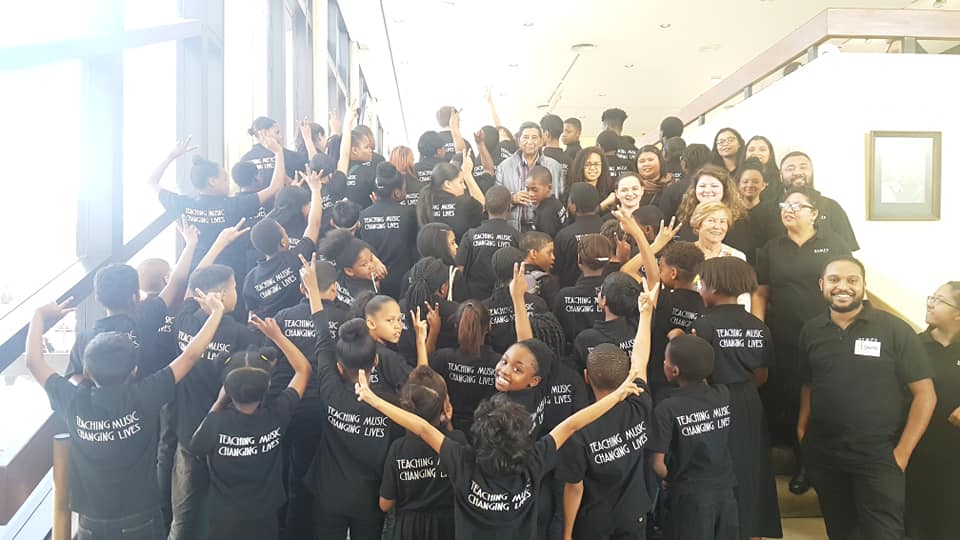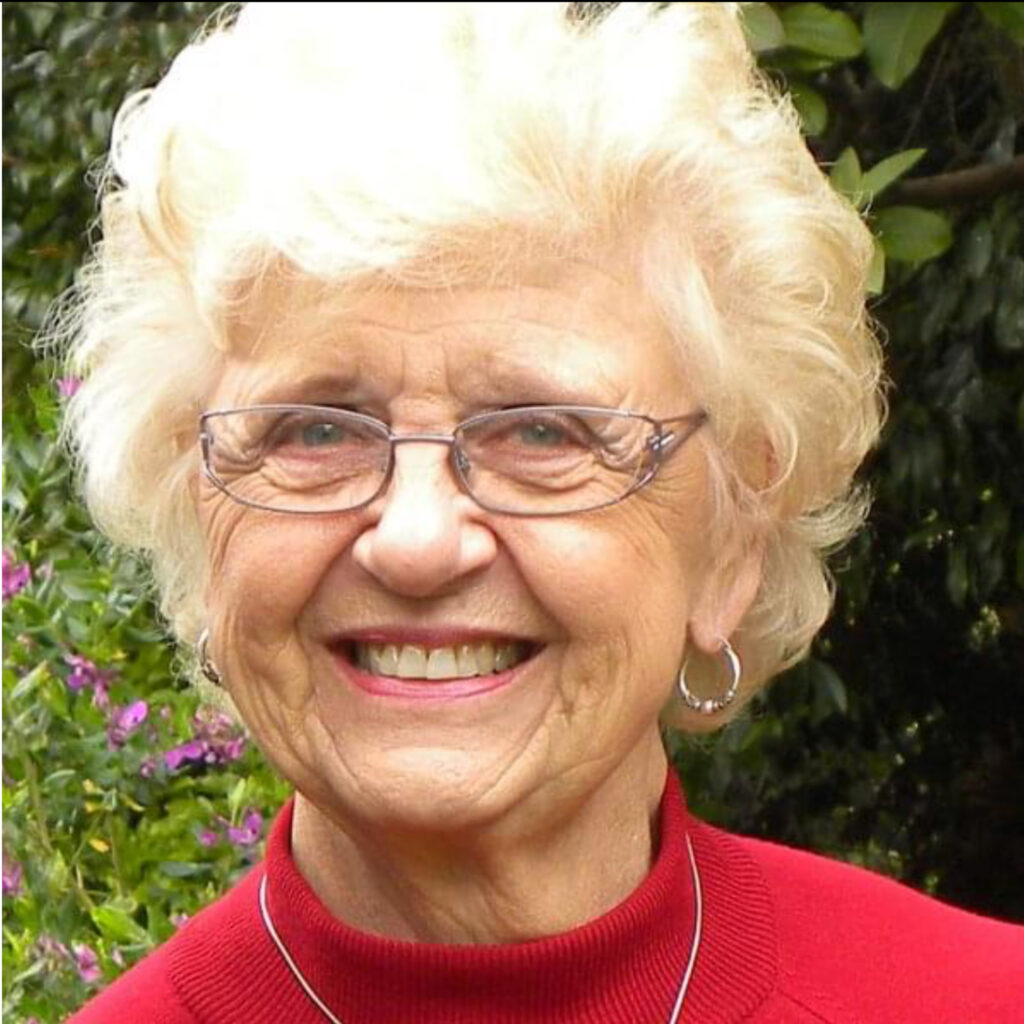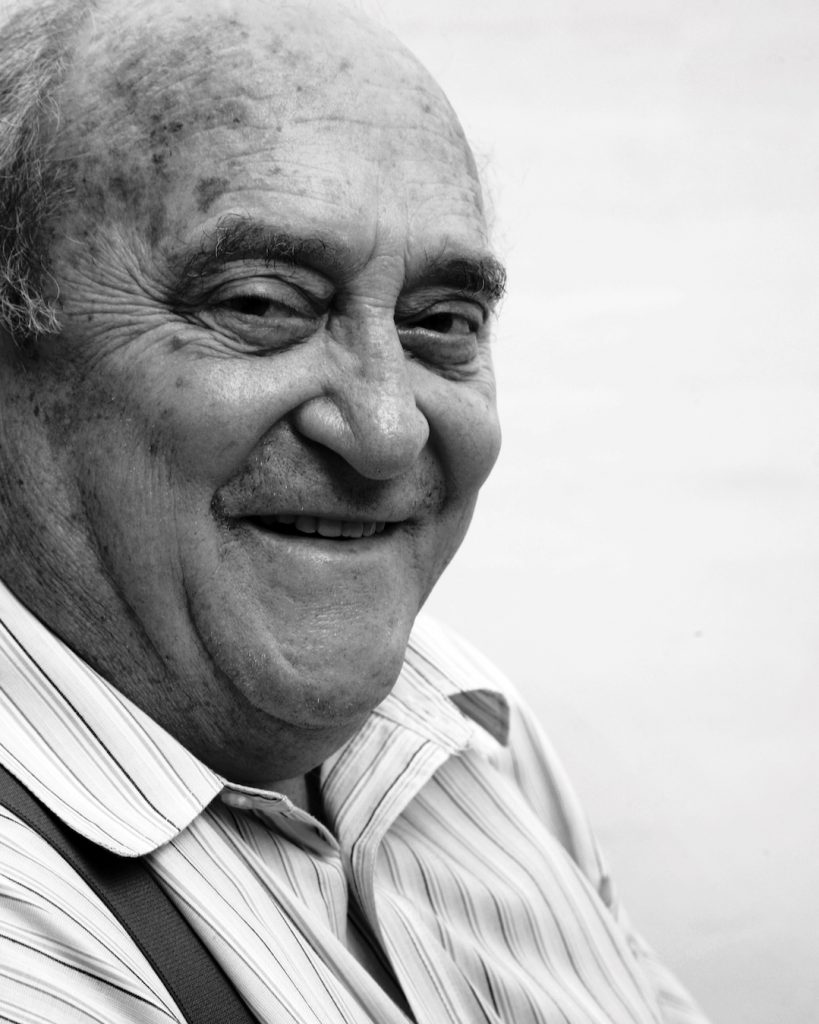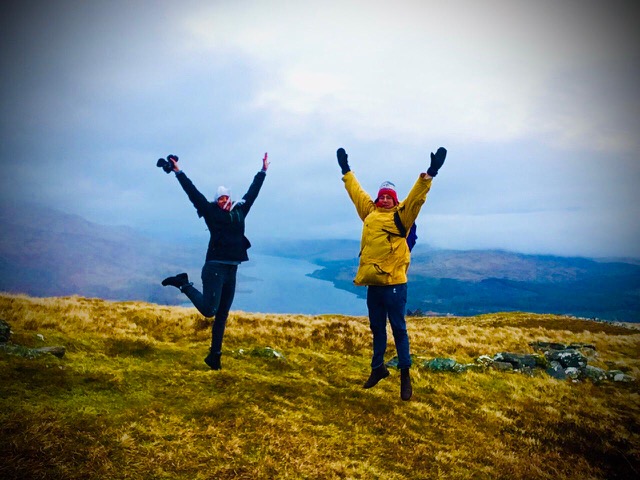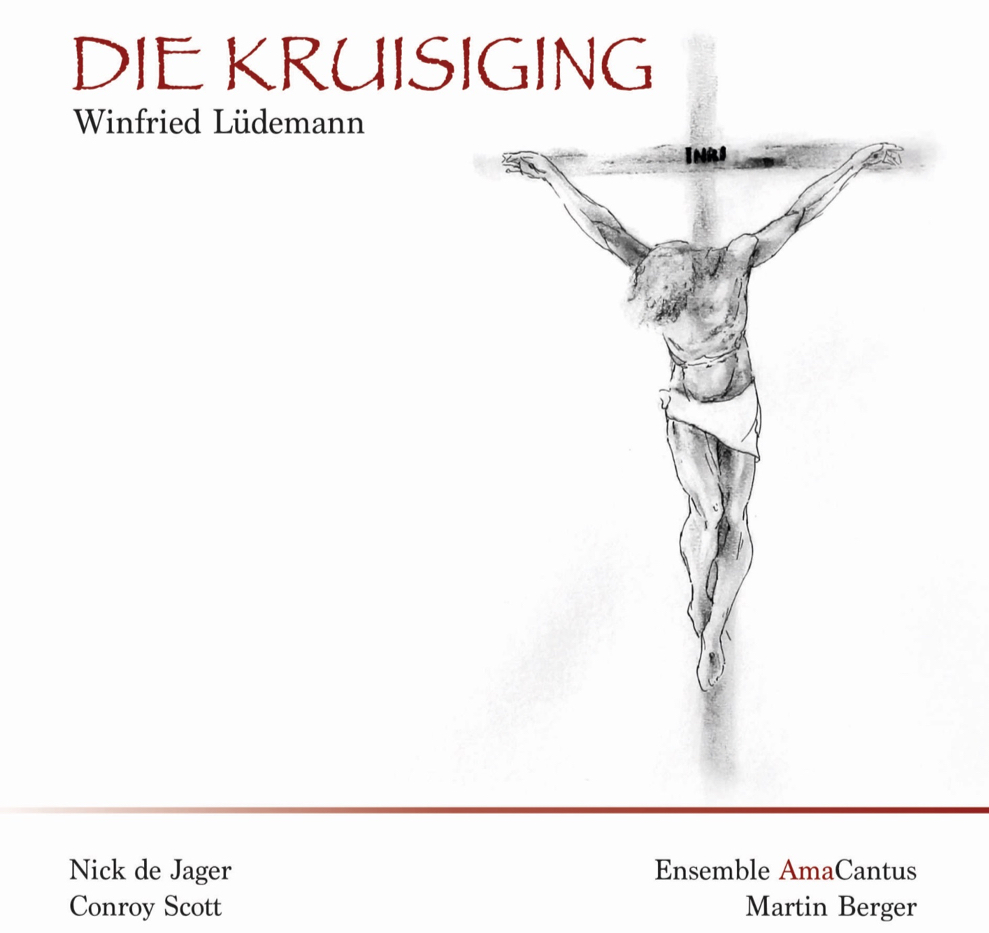Denis Goldberg “Life is Wonderful”
(11 April 1933 – 29 April 2020)
Tribute by the Department of Music / Konservatorium.
Denis Goldberg, humanist, freedom fighter, anti-apartheid activist, high command uMkhonto we Sizwe, political prisoner, tireless social campaigner and one of the two last surviving Rivonia trialists has died after a protracted battle with lung cancer. He was 87.
Born in Cape Town in 1933, Goldberg grew up in a home committed to fighting apartheid. His parents, Annie and Sam Goldberg, were both born in London, the children of Lithuanian Jews who emigrated to England in the latter half of the 19th century. While a student at the University of Cape Town studying civil engineering, Goldberg joined the Modern Youth Society in 1953. He was involved with the Congress of the People and the shaping of the Freedom Charter in 1954/55, and was detained under the State of Emergency for four months in 1960 after the Sharpeville massacre. Goldberg joined the ANC’s armed wing uMkhonto weSizwe and on 11 July 1963, was arrested at Liliesleaf farm in Rivonia, Johannesburg. At the age of 31, he was the youngest man in the dock during the Rivonia Trial. Other defendants included Nelson Mandela, Walter Sisulu Govan Mbeki, Elias Motsoaledi, Ahmed Kathrada, James Kantor, Lionel (Rusty) Bernstein, Raymond Mhlaba, Bob Hepple and Andrew Mlangeni. All the men, except Bernstein and Kantor, were charged and found guilty under the Sabotage Act with conspiracy to overthrow the state and other charges.
On 12 June 1964 when the judge sentenced Denis and his comrades to four terms of life imprisonment instead of execution, Denis called out to his anxious mother with a smile on his face “It’s life, and life is wonderful.” Goldberg spent 22 years of his life in prison before he was released on 28 February 1985.
After his release he went into exile in London where he joined his family. In London he resumed his work for the ANC in its London office from 1985 to 1994. He was a spokesperson for the ANC and also represented it at the Anti-Apartheid Committee of the United Nations. For many years, Goldberg travelled abroad extensively to speak about South Africa and the work needed to transform it.
In 1988 a large group of USA organisations presented Goldberg with the Albert Luthuli African Peace Award in recognition of his work against apartheid. On the first anniversary of South Africa’s first democratic election, Goldberg founded Community H.E.A.R.T. (Health Education And Reconstruction Training), a London-based charity that has raised millions of rands for the Rape Crisis Cape Town Trust and to date, it has donated more than three million books for children, among other things. Several other recognitions and awards followed and in 2019, the African National Congress bestowed its highest order, the Isithwalandwe / Seaparankoe award, on Denis Goldberg. President Cyril Ramaphosa, in bestowing this honour on Goldberg and several others said: “Their contribution to the struggle for humane social relations must continue to guide and inspire our actions. The literal translation of Isithwalandwe, “are the ones who wear the plumes of the rare bird”, and have shown themselves to be among the bravest warriors of our people in pursuit of social justice.”
In 2016, Stellenbosch University honoured Denis Goldberg at the 13th Stellenbosch International Chamber Music Festival (SICMF), where Moments in a Life, a work commissioned by the SICMF, composed by Matthijs van Dijk, and performed with Goldberg reading his own autobiographical text, had an emotionally stirring world premiere in the Endler Hall. The text of Van Dijk’s work, was extracted from Goldberg’s autobiography, A life for freedom – The mission to end racism in South Africa, with stories of various pivotal moments in Goldberg’s life. With regard to his musical treatment of Goldberg’s text, Van Dijk said: “Because the stories deal with a period from 1939 to the present day, I opted to use a very eclectic musical style, encompassing ideas that range from the cinematic to very banal 1980s glam rock/hair metal, combined with snippets of club music, representing the artificial ‘theatricism’ and perversity of the media circus surrounding the Rivonia Trial, as well as ‘free jazz’ and minimalist ideas in the prison years to convey a feeling of confinement.” (The full performance of this work can be viewed on https://www.youtube.com/watch?v=hPqa18xPmZc&fbclid)
In an interview with Mark Gevisser before the concert, Goldberg shared his thoughts on the importance of music and how it shaped his life. He mentioned that his own obsessive love for music was not interrupted during his 22 years in prison. “Me and my inmates were allowed to purchase a long playing record every second month and during that time we had a collection of more than 800 – mainly classical, but also jazz and later African music, including penny-whistle recordings. A record player and amplifier was kept in a warden’s office and we listened to those recordings on Sunday evenings,” Goldberg said. These activities served to strengthen his love of music and his quest for freedom – not necessarily his own, but that of South Africa and its people.
Denis Goldberg has devoted his time and energy to social projects of all kinds and specifically, over the past few years, to setting up the Denis Goldberg Legacy Foundation Trust. This Trust is committed to creating the House of Hope, a centre in his home town of Hout Bay, which will facilitate the building of cultural and social bridges through Art and Culture of all types. It is intended to be a home for the many creative projects around Cape Town and the broader peninsula. Painting, drawing, drama, writing and language skills in English, Afrikaans and isiXhosa will be the core explorations. IT literacy and computer skills will also be a vital part of the centre. Besides various studios for the projects, the House of Hope will see the creation of a world class performance space with a state of the art recording studio, putting it on par with similar institutions around the world, providing young and aspiring South African artists with a platform for international collaboration. Experience has shown how, even in a severely historically divided society such as that of South Africa, people – especially children and youth – come together through music, singing, and dance of all kinds. To show its support for the initiative, the Western Cape provincial government offered the Denis Goldberg Legacy Foundation Trust a 99-year lease of the site, in Andrews Road, Hout Bay, which houses the Hout Bay Museum. In September 2018, the Trust signed the lease agreement with the Museum Board of Trustees and on 13 February 2020, Denis Goldberg attended the first intercultural event hosted on the new site where the House of Hope will be built.
After years of activism, Denis Goldberg said that the connections that can be made through music and art feel more important than ever to him. “People matter,” he says, “I feel the whole point of being in politics is about people. For me it’s not about power.”
Young people will also gain knowledge and understanding of South Africa and its history through exposure to the Denis Goldberg gallery as well as the museum. The gallery will house both the art collection which Denis has built up over many years and which represents many spheres of South African society as seen through his eyes; and a permanent exhibition depicting Denis Goldberg’s life and contribution to a democratic South Africa.
Denis Goldberg is remembered with warmth, affection and gratitude as a humble and compassionate mensch who gave his life in pursuit of freedom and human rights for the common man and who dedicated himself to the service of humanity. An extraordinary and courageous freedom fighter who lived to see the fulfilment of the mission of his generation of achieving political liberation and putting in place good foundations for a democratically governed South Africa.
Rest in peace Denis Goldberg (11 April 1933 – 29 April 2020)
Article by Fiona Grayer, Artistic Manager of the Department of Music, Stellenbosch University.
